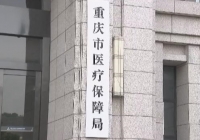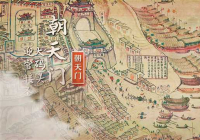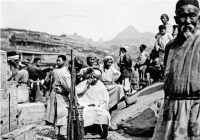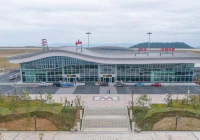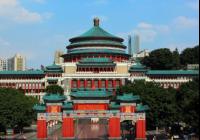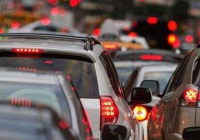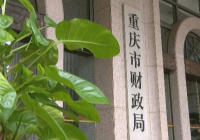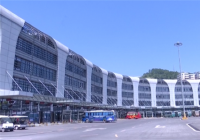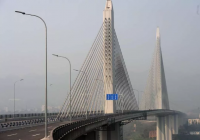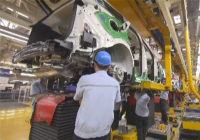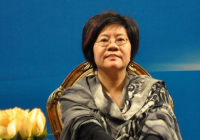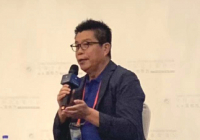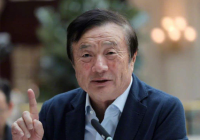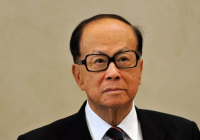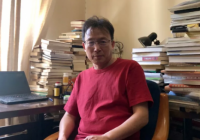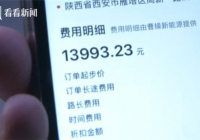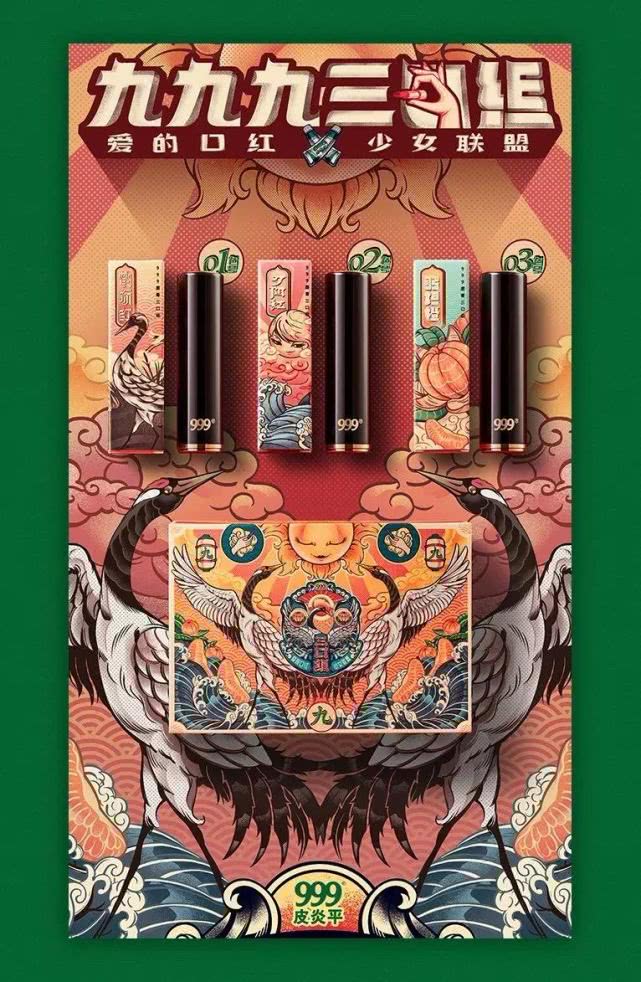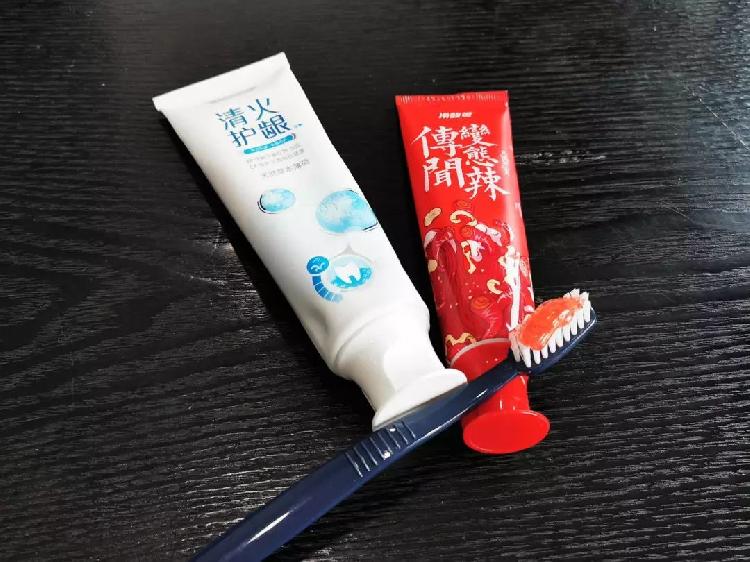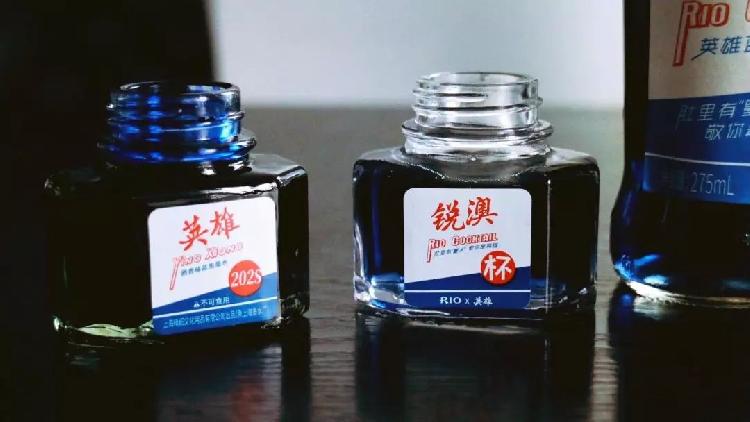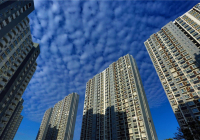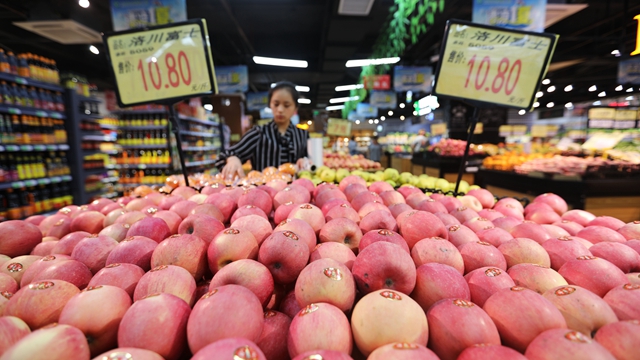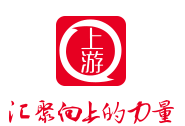中国驻英国大使馆微信公号消息,2019年8月15日,香港主流大报《南华早报》刊登刘晓明大使署名文章《中国决不允许挑战“一国两制”原则底线》,全文如下:
近一个时期,由香港“修例”引发的香港局势变化和暴力活动引发广泛关注。那么“修例”到底是什么?
今年年初,香港特区政府提出修订《逃犯条例》和《刑事事宜相互法律协助条例》,旨在堵塞香港与包括中国内地在内的其他国家与地区缺少引渡安排的这一法律制度漏洞、完善香港法治,使香港不再是“避罪天堂”。但这一合理合法的行动却被香港反对派和少数外部势力恶意抹黑,曲解为要把港人送到内地受审。鉴于“修例”在香港社会引起较大分歧,特区政府决定暂缓。
一些西方政客和媒体无端指责“一国两制”受到侵蚀。那么,事实究竟如何?我希望,英国公众能看清问题本质,认真思考三个问题:
一是究竟是谁在破坏“一国两制”?香港回归22年多来,“一国两制”、“港人治港”、高度自治方针得到切实贯彻落实,成就举世公认。无论是特区政府启动“修例”,还是特区政府听取民众意见、停止相关立法工作,都是香港实行“一国两制”、“港人治港”、高度自治的具体体现。
一些激进示威者蓄意制造暴力事件,冲击香港立法会,围攻中央政府驻港机构,撕毁香港基本法,污损国徽和国旗,堵塞道路,瘫痪交通,用致命武器攻击警察。他们的行动已完全超出了和平游行示威的范畴,严重破坏香港法治和社会秩序,严重威胁香港市民生命财产安全,严重触碰“一国两制”的原则底线。
这些行为背后,有外部势力借机散播各种危言耸听的谣言,制造社会恐慌。一些西方政客和媒体罔顾事实,为激进示威者叫好,甚至鼓吹给予暴力违法者同情、理解甚至包容,对恪尽职守、维护香港法治的香港警方倒打一耙。近日港媒披露,某个西方大国驻港总领馆官员公然接触“港独”组织头目,为他们撑腰打气。这些势力的险恶用心就是把香港搞乱,把香港变成中国的一个麻烦,进而牵制或者遏制中国的发展。到底是谁在祸害香港?是谁在破坏“一国两制”?香港乱了究竟符合谁的利益?答案昭然若揭。
二是如何准确理解“一国两制”?实践充分证明,“一国两制”是香港问题的最佳解决方案,是香港回归后保持长期繁荣稳定的最佳制度安排。“一国两制”是一个完整概念,然而西方某些人过分强调“两制”,而忘记了“一国”是“两制”的根本和前提,没有“一国”,就没有“两制”。
我们贯彻落实“一国两制”,始终坚持“三条底线”不容触碰,即绝对不能允许任何危害国家主权安全、绝对不能允许挑战中央权力和《基本法》权威、绝对不能允许利用香港对内地进行渗透破坏的活动。中国中央政府将坚持“一国两制”方针不会变、不动摇,确保实践“一国两制”不走样、不变形。那些所谓香港“一国两制”受到削弱、高度自治受到损害的奇谈怪论,要么是没有全面正确理解“一国两制”方针,要么就是出于政治目的故意曲解。
三是今天的香港最需要的是什么?香港回归以来,始终保持国际金融、贸易、航运中心地位,连续20多年被评为全球最自由经济体,法治指数在全球名列前茅,香港居民享有前所未有的民主权利和全世界范围内少见的广泛自由。这根本上归功于“一国两制”的成功实践,也得益于香港始终坚守法治、聚焦发展。
法治是香港人引以为傲的核心价值,是香港良好营商环境的基础,是香港繁荣稳定的重要基石。有法必依、违法必究是任何一个法治社会的基本要求。暴力就是暴力,违法就是违法,纵容暴力就是鼓励违法,就是破坏法治,就是损害香港繁荣稳定的基石。相信包括英国在内的任何国家政府都不会对暴力行径和非法游行坐视不管。
发展是香港的立身之本,也是解决香港各种问题的正道。香港发展虽然有良好基础,但也经不起折腾。香港乱下去,外国投资者都要一同为此“买单”。
今天香港最需要的,就是恢复社会秩序,捍卫法治精神,依法惩治暴力,坚决对外部干涉“说不”!
目前,有30万英国公民在香港工作和生活,300多家英国公司在香港投资兴业。香港保持繁荣稳定,不仅符合中国的利益,也符合包括英国在内的各国共同利益。我衷心希望,英国各界有识之士多做有利于香港繁荣稳定的事,抵制和反对任何破坏香港法治的言行。
文章英文原文:
China will never tolerate any challenge to the bottom line of “one country, two systems”
Hong Kong, and the violence in the city, has been a focus of public attention and the extradition bill is blamed. What is it about this bill?
Early this year, the government of the Hong Kong Special Administrative Region (SAR) proposed to amend the Fugitive Offenders Ordinance and the Mutual Legal Assistance in Criminal Matters Ordinance to strengthen the rule of law and plug a legal loophole caused by a lack of extradition arrangements between Hong Kong and many other places, including but not limited to the Chinese mainland.
However, this legitimate act aimed at preventing Hong Kong from becoming a haven for fugitives was distorted by the opposition and some foreign forces, who claimed this would allow the SAR to send people to the Chinese mainland for trial.
Due to a lack of consensus, the SAR government decided to put the work on hold.
Critics say the bill will undermine “one country, two systems”. My first question is: who is attempting to undermine it?
The principles of “one country, two systems”, “Hong Kong people governing Hong Kong” and “a high degree of autonomy” for Hong Kong have been fully implemented and ensured prosperity and stability in Hong Kong for the 22 years since the handover. This is recognised the world over. The initiation of the extradition law amendment and the decision to halt the legislative process in response to public opinion are both reflections of these three principles.
However, a few radicals have responded with premeditated violence. They stormed the Legislative Council complex, besieged the representative office of the central government, tore up copies of Hong Kong’s mini-constitution, known as the Basic Law, defaced the national emblem and the national flag, blocked roads, paralysed traffic and attacked police officers with improvised weapons.
Such actions were not a peaceful demonstration but open defiance of the rule of law and social order. They threaten the safety of life and property and challenge the bottom line of “one country, two systems”.
Behind these acts are traces of foreign instigators who spread rumours and create panic in society. These instigators, including certain Western politicians and media, applaud radical behaviour and call for sympathy and tolerance for the radicals. They blame the unrest on Hong Kong police who were simply performing their duty to safeguard the rule of law.
Some Hong Kong media reported that a US consular official based in Hong Kong met several key advocates of Hong Kong independence. What could this act mean except to make a mess of Hong Kong and use it to contain China? So, who is ruining Hong Kong and undermining “one country, two systems”?
My second question is: how should we accurately understand “one country, two systems”? The years since the handover have proved that “one country, two systems” is the best solution for Hong Kong, an excellent arrangement for the city’s long-term prosperity and stability.
“One country, two systems” must be seen as one inseparable concept. Some people in the West over-emphasise “two systems” and forget that “one country” is the basis and precondition for the viability of “two systems”.
For this formula to work in Hong Kong, there are three bottom lines – namely, no tolerance for any activity that, one, undermines national sovereignty and security; two, challenges the authority of the central government or the Basic Law; and, three, uses Hong Kong for infiltration or sabotage against the Chinese mainland.
The central government will stay true to “one country, two systems” and make sure that it is fully applied in Hong Kong without distortion. The allegation that this principle is being undermined reflects either a lack of accurate understanding of this policy, or betrays intentional misinterpretation driven by a political agenda.
Now let me turn to the third question: what does Hong Kong need most now?
Since its return to the motherland, Hong Kong has continued to be a centre for international financial services, trade and shipping. It has been the world’s freest economy for more than 20 years, notable for its adherence to the rule of law, and its people enjoy democratic rights and freedoms rarely seen in other parts of the world. Such achievements are accredited to the success of “one country, two systems”, and to the city’s commitment to the rule of law and its focus on economic growth.
The rule of law is a core value that the Hong Kong people take pride in. It is the foundation for Hong Kong’s sound business environment and a cornerstone of its prosperity and stability. Under the rule of law, all laws must be observed and all offenders held to account.
Violence and lawlessness cannot be tolerated. Conniving in violence is tantamount to damaging the cornerstone of Hong Kong’s prosperity and stability. No government in the world, not even those in the West, would sit back and watch while illegal demonstrations rage on.
Hong Kong’s prosperity and continuous development have given the city a solid foundation. But, sound as it is, the economy of Hong Kong cannot afford continuing chaos, which will take a toll on many aspects of life in this city, including foreign investments.
What Hong Kong needs most now is to restore social order, uphold the rule of law, bring violent offenders to justice and say “no” to foreign interference.
It is in the interests of both China and the international community to have a prosperous and stable Hong Kong, where over 300,000 British citizens live and work, and where 300 British companies are doing business.
I sincerely hope that the people from all walks of life in the UK will act in the interest of Hong Kong’s prosperity and stability, and refrain from saying or doing anything that may undermine the rule of law in Hong Kong.
原标题:刘晓明大使在香港主流大报《南华早报》发表署名文章:《中国决不允许挑战“一国两制”原则底线》
【免责声明】上游新闻客户端未标有“来源:上游新闻-重庆晨报”或“上游新闻LOGO、水印的文字、图片、音频视频等稿件均为转载稿。如转载稿涉及版权等问题,请与上游新闻联系。










